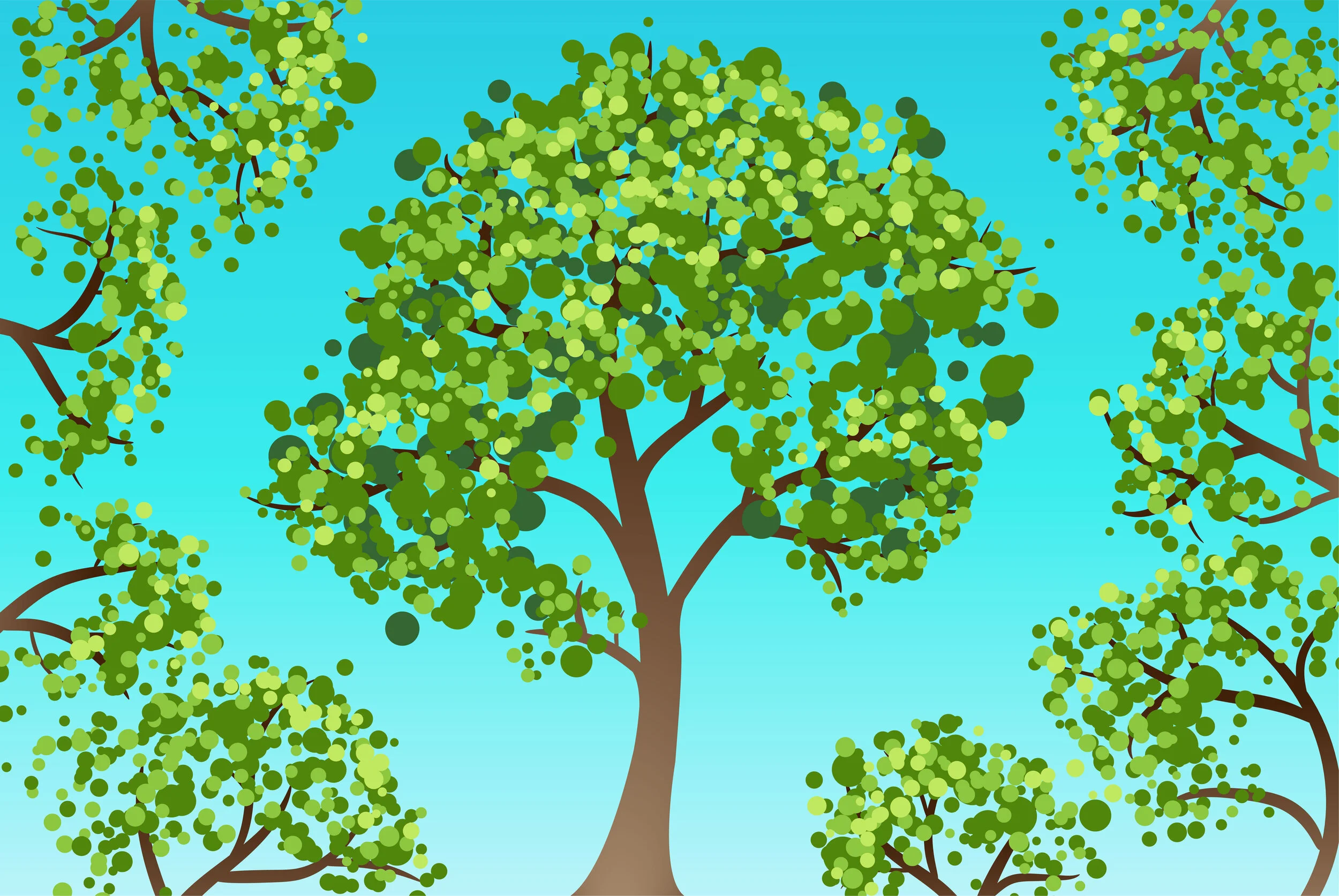Learning to Act and Acting to Learn
ALLY MARECEK—THE SANTA CLARA
Professor Matt Driscoll, Adjunct Lecturer in the Department of English, reflects on course
Reflecting on his quarter-long commitment to a meatless diet in the winter of 2020, Santa Clara University senior Graeme Hugo, a double major in Environmental Studies and Economics, shared that the experience provided him an “opportunity to try new foods” and “change his habits.”
Hugo followed through on this commitment in order to meet the requirements of Environmental Studies 95 (ENVS 95), a relatively new class on sustainability offered under the umbrella of the Department of Environmental Studies and Sciences and the Center for Sustainability.
In fulfillment of the central assignment in the class, Hugo and his nine classmates made commitments to actions listed in the Center for Sustainability’s Sustainability Playbook and reported on their experiences on the final day of class. Though students’ individual commitments varied in type, based on the reflections they shared in their presentations, all students agreed that their work in the class provided an “opportunity” to commit to sustainability in ways that they otherwise might not have pursued.
Several students in the class committed to dietary changes, eating vegetarian or partially vegetarian diets. This is an action identified under the “Responsible Consumption” section of the Sustainability Playbook as requiring a minimal time investment but having a significant environmental impact. Other student actions included reduction in waste—for example, through consumption of reusable and plastic-free products—composting of food waste, and regular participation in navy showers (to reduce consumption of water).
In her presentation, Alex Perez, a first-year student planning to major in Public Health Science, shared that in the course and through her commitment to a low-waste lifestyle she became more self-aware of her habits as a consumer and more conscious of the availability of resources on campus to support efforts like hers.
Simply by planning ahead, a behavior that all students agreed is crucial to the cause of sustainability, Alex was able to divert 21 pounds of waste that, without concentrated effort, might have gone to the landfill.
As the instructor/facilitator of this course, I was inspired by the conscientiousness of this small group of students, who showed that with awareness of and access to the appropriate resources, our university’s sustainable mission is well within reach.
The objective of ENVS 95 is precisely that—to facilitate awareness of and access to the many resources we have available to us on campus as we attempt to practice sustainability in our daily lives. The idea for the course grew, in the fall of 2018, from discussions that took place during meetings between Faculty Liaisons for Sustainability, an interdisciplinary collective of faculty members led by Professor Leslie Gray, Chair of the Environmental Studies and Sciences department and Cara Uy-Segal, Sustainability Manager for SCU’s Center for Sustainability.
In these discussions, faculty members share ideas about how to integrate sustainability in innovative ways into courses across the disciplines. The discussions of Fall 2018 proved particularly productive as Maria Judnick (Department of English) and I (Department of English) designed the sustainability course, later piloting it in the spring as a 1-unit offering, under the title of Sustainability 101. While the course, in its piloted version as well as in its more recent iteration this winter as a 2-unit course, includes many of the conventions expected of academic coursework—with readings and engaging discussions about the course topic—it privileges work that students do outside of the classroom: collaboration with SCU student organizations, participation in on-campus sustainability programming and service, and, perhaps most importantly, individual and community commitment to sustainability actions. The guiding principle of the class is that the most constructive learning experiences provide students the opportunity to learn through action and reflection on their actions.
The course, adaptive by its nature to events transpiring on campus, is being taught in online form this spring by Professor Judnick. Sections of the course will be offered again during the 2020-21 academic year, with one in the winter quarter and one in the spring.
As advocates for the cause of sustainability on campus and beyond, we look forward to the opportunity to advance the university’s commitment to building a more humane, just, and sustainable world, with our students leading and learning through their actions.
